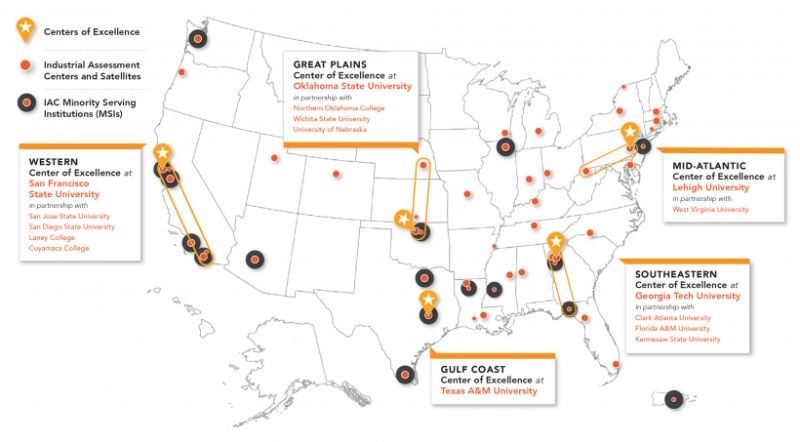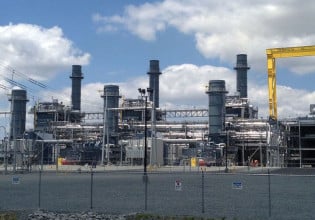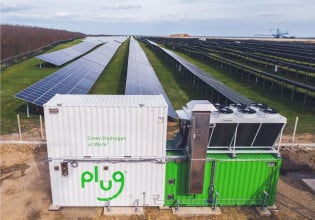Funding Initiatives Address Job Skills Issues for Energy Engineers
The Bipartisan Infrastructure Law funds five DOE-selected Regional Centers of Excellence to support the training of students and workers for clean energy jobs.
The U.S. Department of Energy (DOE) has selected five higher learning institutions as Regional Centers of Excellence for the Industrial Assessment Center (IAC) Program. The Bipartisan Infrastructure Law will provide $18.7 million to the centers and an extra $54 million to grow the IAC Program and set up Building Training and Assessment Centers (BTACs) at tertiary education establishments. These initiatives will help realize an emissions-free future and integrate workers and students into the clean energy workforce.
Solar technology. Image used courtesy of Pixabay
Investing in Clean Energy Jobs and Training
Under the Biden Administration’s Investing in America, as much as $435 billion supports the new jobs and paves the way for the clean energy economy. More than $200 billion of the historic private sector investment is going to battery, clean energy, and electric vehicle projects. The plan is for grid modernization and renewable energy infrastructure development. The IAC Program and BTAC funding will go toward building a career pipeline for students and promoting energy-efficient practices in the construction and industrial sectors.
Future Workforce Challenges
The power and energy industry is evolving quickly to keep up with the clean energy transition. As such, new clean energy technologies are arriving, making it difficult for engineering students and existing professional engineers to adapt.
According to a National Renewable Energy Laboratory report, the number of renewable energy jobs in the U.S. could reach 1.5 million by 2030. The Bureau of Labor Statistics projects solar photovoltaic installer jobs to grow by 51 percent between 2019 and 2029. Wind turbine technician jobs are expected to grow by 61 percent. These solar and wind vocations are among the fastest expanding sectors.
Another problem concerns the lack of manual and technically skilled workers for installing solar and wind technology. With the switch from fossil-fuel-based technologies such as oil and gas, companies are looking for workers with transferable skills from this industry to train up and integrate with renewables.
Why Education is Vital
People in power engineering jobs drive the invention and deployment of clean energy technologies and practices. Without these individuals, the world could not benefit from fossil fuel-free technologies for transport, industrial processes, energy storage, and transmission. Such technologies are essential for reducing greenhouse gas emissions and combating climate change.
By teaching students about these technologies and encouraging them to pursue careers in this field, academic institutions can help advance the transition to a clean energy economy. With these recent funding announcements, the U.S. government is committing to enhancing the skill development and training of hopeful, young energy and power engineers.
IAC program participants will learn how to assess manufacturing facilities and evaluate energy systems and industrial processes. IAC assessments provide manufacturers with invaluable feedback, and graduate students come away with hands-on skills that help them stand out in the job market.
IAC Centers of Excellence
The Centers of Excellence will work alongside academic institutions across the U.S. to push forward sustainable manufacturing, developing new assessment methodologies and technologies to serve small- and medium-sized manufacturers.
Centers of Excellence locations. Image used courtesy of the DOE Office of Manufacturing and Energy Supply Chains
The centers, located at Georgia Tech University, San Francisco State University, Lehigh University, Oklahoma State University, and Texas A&M University, will focus on collaborating with trade schools and unions to assist in energy management, lowering facility emissions, and using data to generate actionable insights for enhancing manufacturer performance.
IAC and BTAC funding will expand the pathways into skilled, energy-focused trade jobs and create less energy-intensive building structures.








